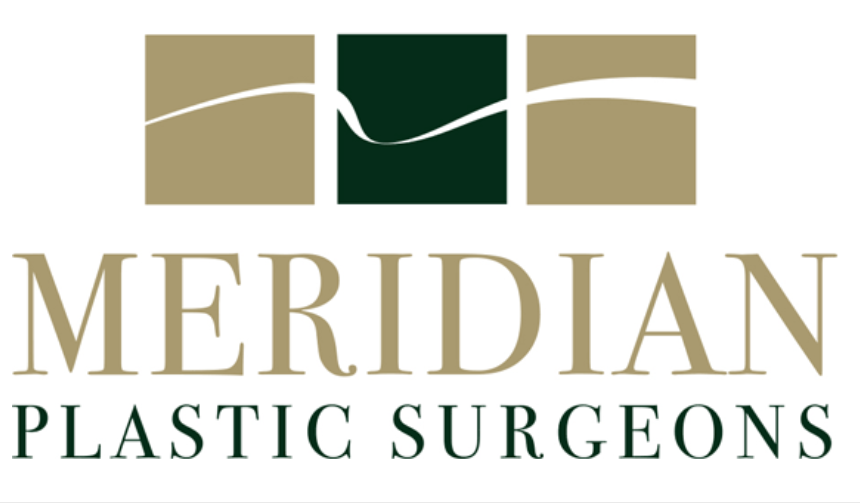The Middle Ground: Finding Balance in a World of Extremes
In today's world, especially on social media, it's easy to get swept up in extreme opinions and polarized viewpoints. Whether it's doctors or influencers, it seems like everyone is trying to make a bold statement, often turning nuanced issues into black-and-white absolutes. But the truth is, life—and medicine—usually exists in the middle ground, where context, common sense, and individual circumstances matter most.
The Truth About Sun Exposure
One area where I see this polarization a lot is with sun exposure. On social media platforms like Instagram, it’s not uncommon to hear that if even a single ray of sunlight touches your skin, you’re doomed to look like a wrinkled, sun-damaged mess. This is an exaggerated viewpoint that doesn't account for the many benefits the sun provides—both physically and mentally.
The sun is essential for synthesizing Vitamin D, which is crucial for bone health, immune function, and mood regulation. There’s a reason why a walk in the sun can lift your spirits. The mental health benefits of spending time outdoors, especially in sunlight, are well-documented. Sunlight exposure can help regulate your circadian rhythm, improve sleep quality, and even boost your mood by increasing serotonin levels.
Of course, it’s important to acknowledge that sun damage is real. UV rays can contribute to skin aging and increase the risk of skin cancer. This is where common sense comes into play. If you're going to be outside for an extended period, wearing sunscreen and reapplying it throughout the day is a smart move. However, I find it extreme and socially isolating to go as far as wearing shield masks whenever you're outside. This approach, in my opinion, might protect your skin, but at what cost to your mental well-being?
The Buccal Fat Removal Debate
Another topic that has become heavily polarized on social media is buccal fat removal or buccal fat reduction. The debate often swings between extremes—some proclaim it as the ultimate solution for a contoured face, while others decry it as a disastrous trend that ruins natural beauty. The reality, however, is more nuanced.
Buccal fat reduction, like any procedure, is neither inherently good nor bad. Its value depends entirely on whether the patient is a suitable candidate. When performed on someone who doesn't need it, the results can indeed be unfavorable. But in the right patient, buccal fat reduction can make a significant positive impact.
There are two main groups of patients who can benefit from this procedure. The first group includes individuals with a naturally large buccal fat pad due to hereditary factors. For these patients, reducing some of the buccal fat can help create a more balanced, aesthetically pleasing facial contour. It's important to note that I never remove all of the buccal fat, as that would indeed be a bad idea. The goal is to achieve balance, not to eliminate.
The second group consists of more mature patients undergoing facelift surgery. In some of these patients, the buccal fat pad can become droopy, contributing to the appearance of jowls. In about 50% of my facelift patients, I do reduce some of the drooping buccal fat to achieve a more refined result. Failing to address this issue can lead to suboptimal outcomes, as we’ve seen in prominent figures like Ruth Bader Ginsburg and Steve Wynn. Both likely underwent facial rejuvenation surgery, but their results were marred by unaddressed buccal fat pads.
Beware of Extremes
The main point I want to convey is that when you encounter someone who takes an extreme, one-sided stance on a topic, it's important to be cautious. Reality is rarely so clear-cut. Whether it’s the benefits and risks of sun exposure or the decision to undergo a cosmetic procedure, most truths exist somewhere in the middle, where context and individual needs play a crucial role.
So the next time you’re scrolling through social media and see a post that’s trying to make you choose between two extremes, remember that the middle ground is often where the truth lies. Balance, moderation, and common sense are your best guides in navigating these complicated issues.



